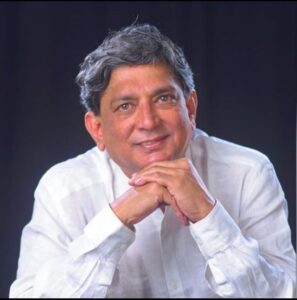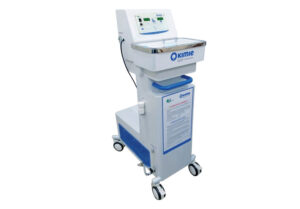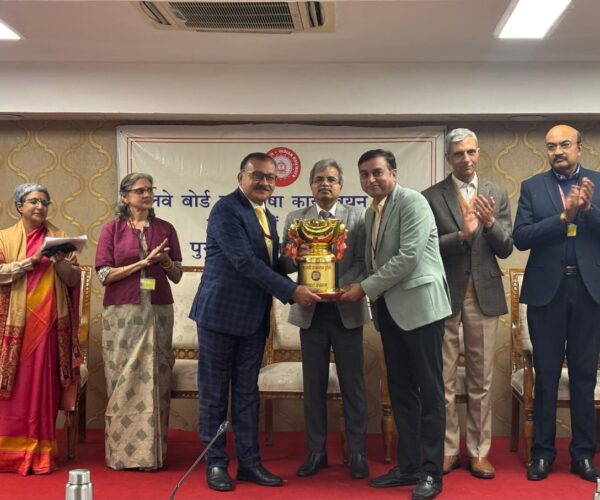(Dr Sudhir Waghmare is a founder & Innovator who is into manufacturing New born life saving devices since last 31 years under the name of Shreeyash Electro Medicals in Pune. The manufactured equipment’s are essential to save life of New born babies who are either born Premature or who are born with certain deficiency or who develop deficiencies after birth. )
What happens if a soldier on the war zone is hit with a grenade shrapnel and starts bleeding profusely? Well, the chances are that he will lose blood and will need blood transfusion from a blood bank where human blood is stored and preserved for later use in blood transfusion. Same is the case if a person meets with a road accident or a patient loses excess blood in operation. Everyone knows the significance of blood banks.
But what happens if for some reason, a mother is not able to breast feed her baby? The reasons may be umpteen. A woman may be producing insufficient milk, she may have undergone some medical treatment which may be affecting her ability to lactate or the quality of milk that she produces may be lacking in nutrients. Some women may be having hypoplasia of the breast, also known as insufficient glandular tissue or IGT which occurs when the mammary tissue and glands don’t develop normally. Women with this rare condition cannot produce sufficient breast milk to feed her baby.
Whatever may be the reason- the answer is Human Milk Banks which are set up with the whole objective of providing donor milk to new born babies & high-risk new-born’s admitted to the neonatal units.
A milk bank collects breast milk from donor mothers who have more than their babies need, then screens, pasteurizes, and tests the milk, after which it is dispensed primarily to premature and sick babies whose mothers do not have enough milk for them.
Breastfeeding or giving the baby mothers’ milk greatly lowers the risk of sudden infant death syndrome (SIDS).
Advantages of Human Milk:
Occurrence of childhood diabetes, eczema and asthma are also reduced. Increased intelligence Breastfeeding or giving the baby mothers’ milk increases his/her mental development, leading to increased intelligence. Reduced infections Breastfeeding or giving the baby mothers’ milk greatly reduces the risk of infections and in particular, middle ear infection that babies are prone.
In fact, the World Health Organisation (WHO) states that the first alternative to a biological mother not being able to breast feed is the use of human milk from other sources. Human milk banks offer a solution to the mothers that cannot supply their own breast milk to their child.
India is among the world’s five largest emerging economies where investment in breastfeeding is significantly low resulting in an annual economic loss of $14 billion due to child deaths and cognitive losses caused from poor breast-feeding practices, says a report.
In India, less than 50% of children are breastfed within an hour of birth, whereas the rate of exclusive breastfeeding in the first six months stood at 55 per cent. Early initiation of breastfeeding and exclusive breastfeeding can prevent nearly 99,499 deaths of children due to diarrhoea and pneumonia.
But the sad part is, Indian milk banks are capital intensive and only large hospitals can afford them. Considering this, I along with Dr Uday Devaskar (Director NICU, UCLA school of Medicine, LA, USA) decided to manufacture a Human Milk Pasteurizer which will not only be an Economical alternative but will also serve the purpose better. This is how after extensive research and experimentation we set up Kimie which is not only economical but also meets the world bank guidelines. Kimie has even a CE Certification.
One pasteurisation cycle cost as less as five rupees. Moreover, it can pasteurise as little as 10 ml to 500 ml of EBM in a cycle as opposed to imported version that requires at least 1000 ml.
With Kimie and related equipment, Human Milk Banks can now be easily established with minimum investment. Moreover, its user-friendly nature means you don’t need to employ a trained operator and the machine can be operated by the staff on duty, round the clock. With low cost of operation and maintenance, ever smaller hospitals can establish a full-fledged Human Milk Bank and ensure that no baby is denied its right of getting mother’s milk.

